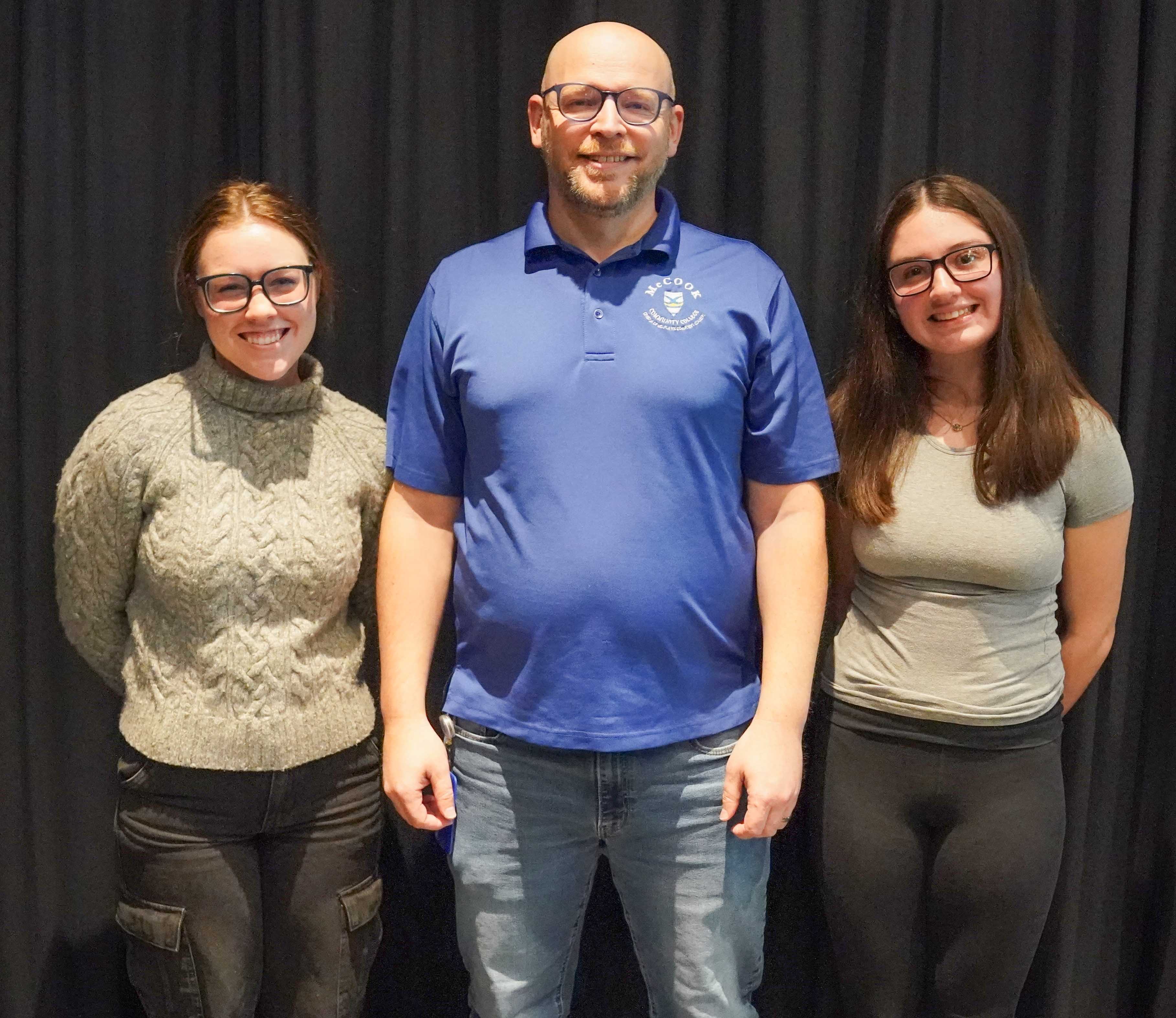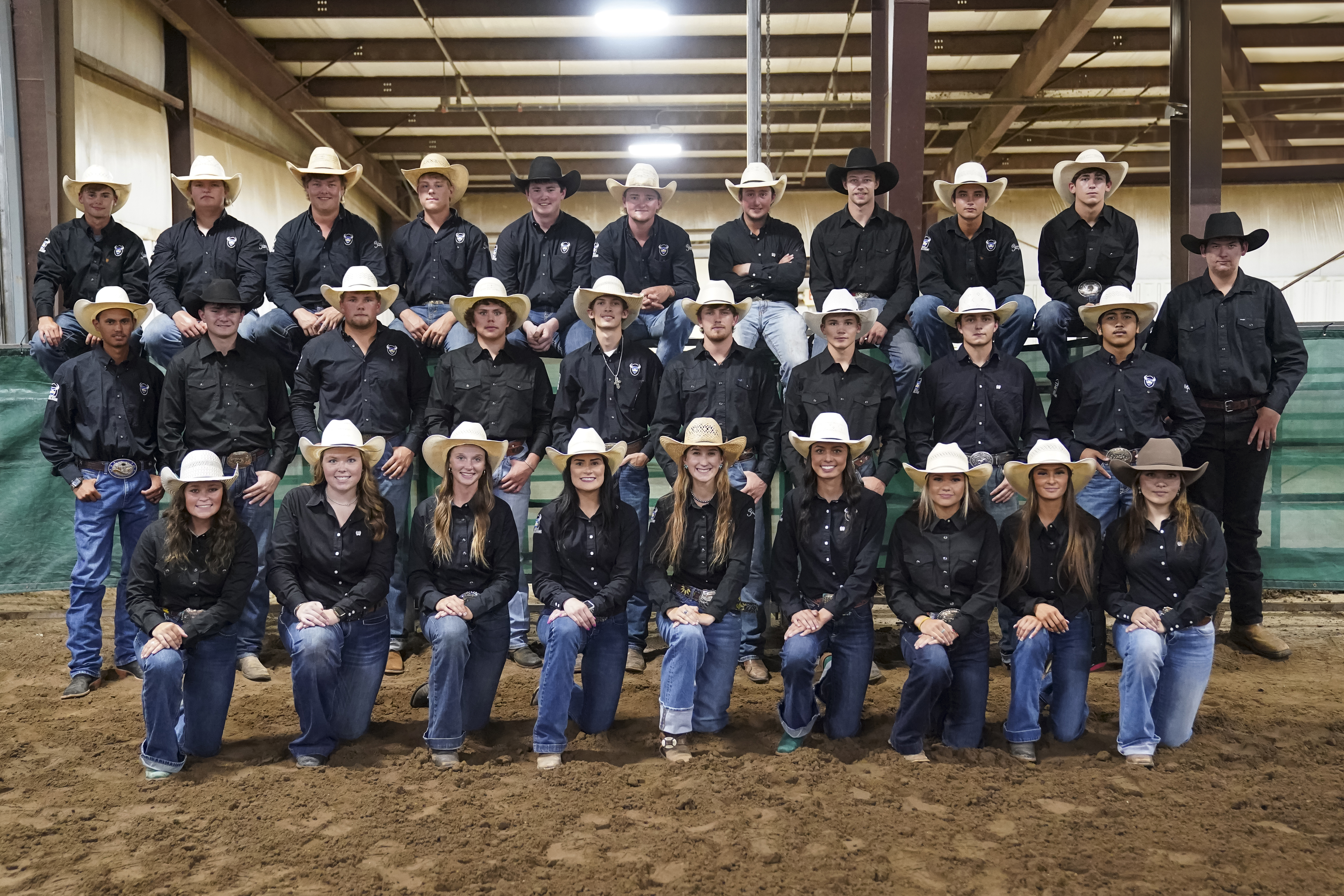MCC science students present research findings at symposium

Two McCook Community College science students reported their research findings on terrestrial isopods Thursday at the eighth MCC Biology Research Symposium.
Cibeles Bothwell and Teresa Bair, both presented their original “roly-poly” research and subsequent findings from their fall research at the annual symposium at Tipton Hall on the MCC campus.
Bothwell presented “Isopod Growth Given Diets from Wild vs. Agricultural Ecosystems.” She wanted to know if roly-polies grow bigger with corn leaves or cottonwood leaves. She hypothesized that they’d prefer cottonwood leaves and grow bigger when consuming them. While she found while they do prefer cottonwood leaves they did not show significant growth.
Bair, in association with the University of Nebraska-Lincoln extension office, presented “The Effects of Diatomaceous Earth in Discouraging Terrestrial Isopods from Damaging Seedling Soybeans.”
Through her work with the extension office, she was looking to uncover a recent state-wide trend showing roly-polies causing damage while feeding on soybean seedlings. She wanted to know if introducing diatomaceous earth in and around seedlings would discourage roly-polies from consuming seedlings. However, she was unable to determine any difference between the control group and the variables but concluded that didn’t mean than diatomaceous earth wasn’t effective on another scale or in a more natural environment.
MCC biology instructor Rob Bogardus said this symposium and the research class, BIOS 2500, was designed to allow biology students the chance to create and conduct original research, and to create their own experiments to answer questions that have never been tested before. Students also write grant proposals to acquire resources.
Began in 2014, this class helps prepare students for future science careers including some who’ve used this class as a springboard to careers as research scientists, professors, veterinarians, and other health-and science-based careers.
MCC devotes a designated research space in the former greenhouse on the west side of Barnett Hall, to house the research equipment as well as the experiments.

